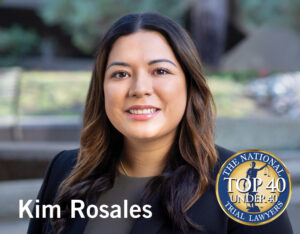Manipulating coding to bill at a higher level than appropriate.
A number of the fraudulent scams against the Medicare and Medicaid systems involve the improper use of billing codes. Medical providers bill Medicare and Medicaid for their services by means of a complex system of numerical codes, each representing a different diagnosis or procedure.
The coded, computerized bills from the providers are submitted to large insurance companies (called “intermediaries” or “carriers”) that contract with the government to process the bills and pay claims to the providers using government funds. The medical providers are ultimately reimbursed an amount that is based on the codes used in the bills submitted.
Medical providers have a financial incentive to upcode procedures.
Not surprisingly, some codes or code combinations pay more than others. Thus, unscrupulous medical providers have a financial incentive to bill the government for a procedure that is more expensive than the one actually performed. This is called “upcoding.” Allegations of upcoding often involve other types of misconduct, including billing for services that were simply never performed.




